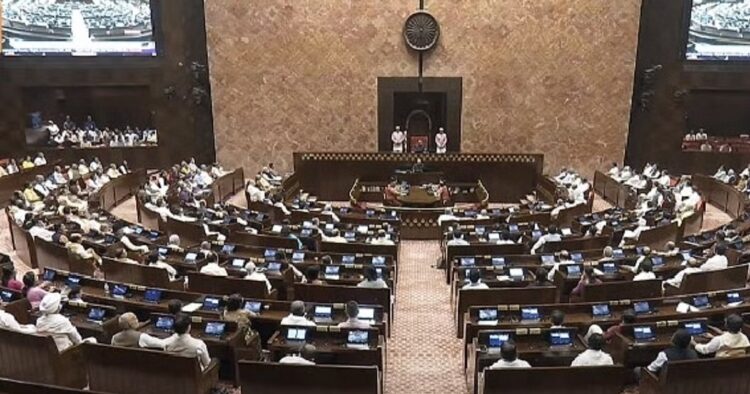Today, on February 27th, elections for 15 Rajya Sabha seats across Uttar Pradesh, Karnataka, and Himachal Pradesh are underway. The spotlight is on potential cross-voting by MLAs from the Congress and the Samajwadi Party, particularly in contested seats.
Out of the 56 seats becoming vacant, 41 leaders have already been elected unopposed, including prominent figures like Sonia Gandhi and JP Nadda. However, the focus now lies on the remaining 15 seats, with one each being hotly contested in Uttar Pradesh, Karnataka, and Himachal Pradesh.
In Uttar Pradesh, the BJP and the Samajwadi Party are in a keen contest, with the BJP nominating eight candidates against the SP’s three for the 10 Rajya Sabha seats. The BJP is banking on additional votes from allies like Ajit Singh’s Rashtriya Lok Dal, while claiming communication with SP MLAs, a claim vehemently denied by the SP.
In Karnataka, where the Congress holds sway, efforts are underway to prevent any potential influence on voting. The ruling Congress has moved its MLAs to a private hotel, aiming to ensure no cross-voting occurs. State party chief DK Shivakumar has dismissed any speculation of Congress MLAs straying from the party line.
Meanwhile, in Himachal Pradesh, the BJP and Congress are locked in a battle for the state’s single Rajya Sabha seat. Despite the Congress holding a numerical advantage, the election is crucial for Himachal Chief Minister Sukhvinder Singh Sukhu.
The election process involves MLAs ranking candidates by preference, with the BJP expected to secure at least 29 seats out of the 56 vacant ones. The overall outcome is anticipated to see a slight shift in the Rajya Sabha composition, with implications for the political landscape.
Rajya Sabha elections are held every two years for one-third of its seats, with each MP serving a six-year term. The ongoing elections are crucial for determining the future makeup of the upper house of Parliament, with ramifications for legislative dynamics and political alignments.

















Comments